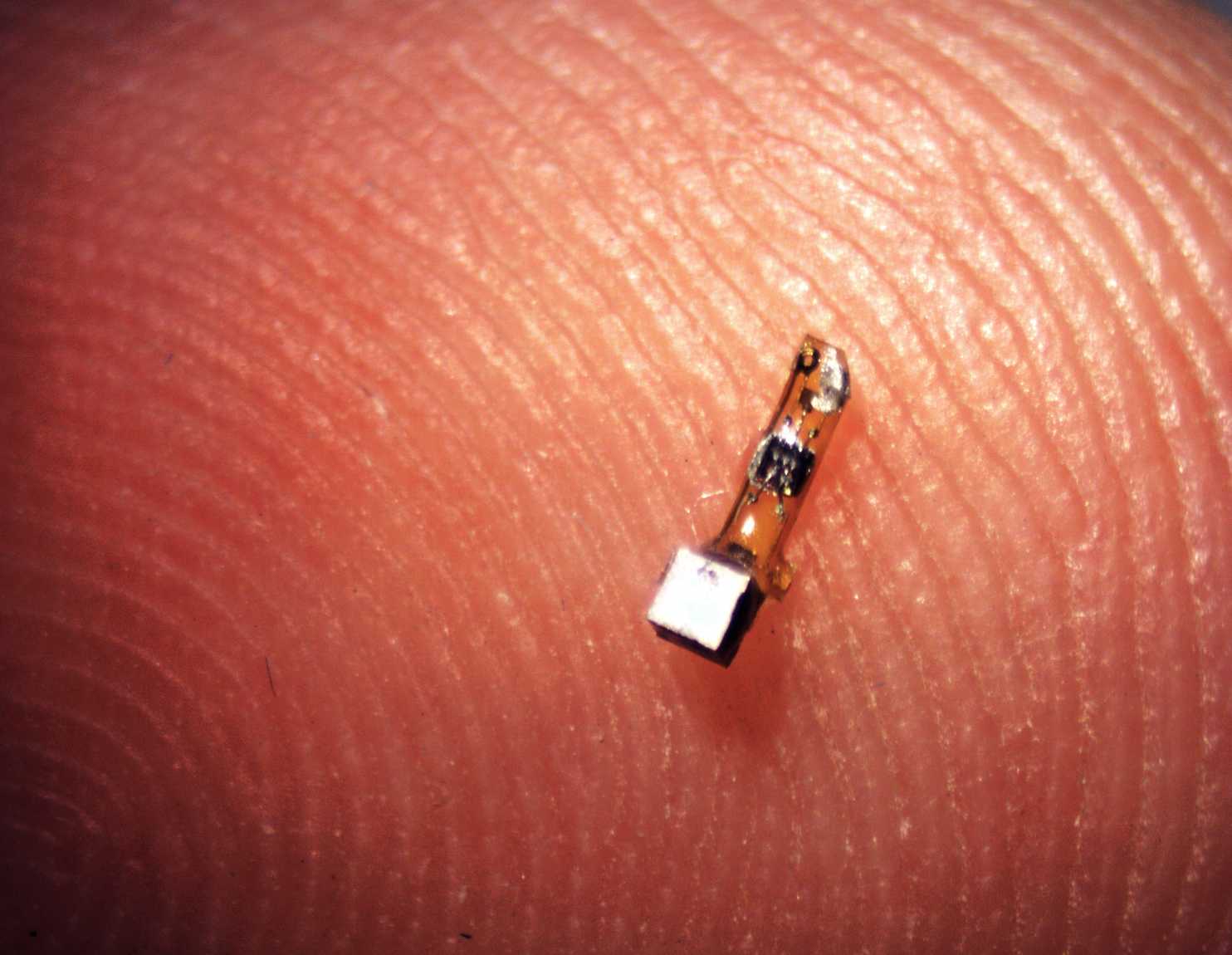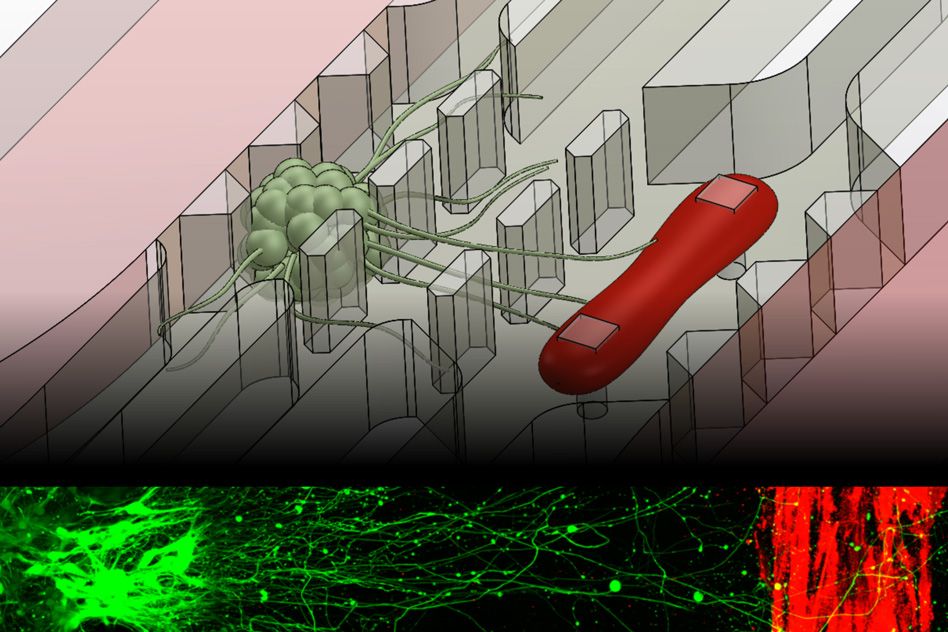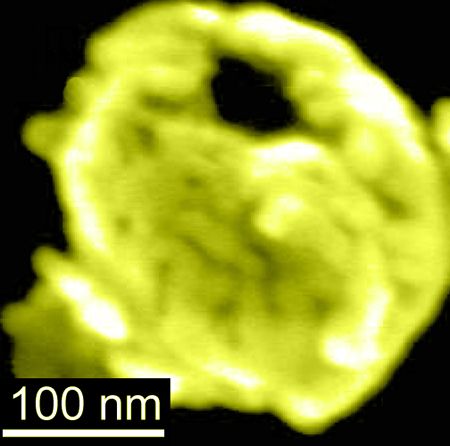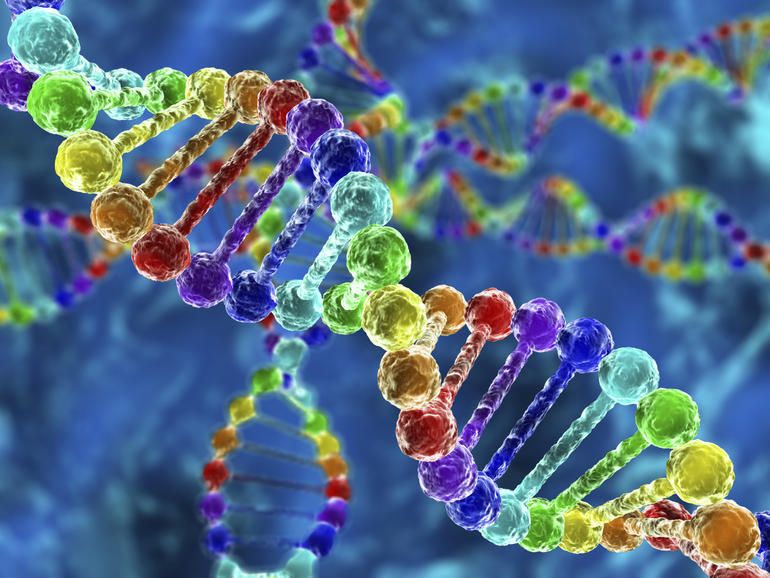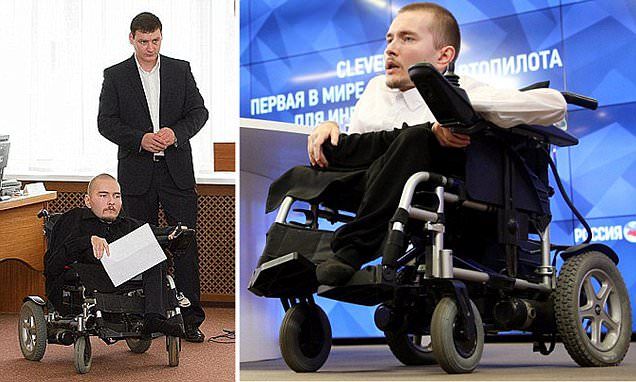
Fixing one thing only gets you so far, as all the other forms of damage will still, on their own, kill you. Aubrey de Grey of the SENS Research Foundation believes that only small gains in overall life span are possible without addressing all of the causes of aging.
Five years from now, it will be possible to take a trip overseas to have most of the senescent cells that have built up in your tissues cleared away via some form of drug or gene therapy treatment. That will reduce your risk of suffering most age-related diseases, and in fact make you measurably younger — it is a narrow form of rejuvenation, targeting just one of the various forms of cell and tissue damage that cause aging, age-related disease, and ultimately death. I say five years and mean it. If both of the present senescent cell clearance startup companies Oisin Biotechnologies and UNITY Biotechnology fail rather than succeed, and it is worth noting that the Oisin founders have a therapy that actually works in animal studies, while drugs and other approaches have also been shown to both clear senescent cells and extend life in mice, then there will be other attempts soon thereafter. The basic science of senescent cell clearance is completely open, and anyone can join in — in fact the successful crowdfunding of the first Major Mouse Testing Program study earlier this year was exactly that, citizen scientists joining in to advance the state of the art in this field.
Five years from now, however, there will be no definitive proof that senescent cell clearance extends life in humans, nor that it reduces risk of age-related disease in our species over the longer term. There will no doubt be a few more studies in mice showing life extension. There will be initial human evidence that clearance of senescent cells causes short-term improvements in technical biomarkers of aging such as DNA methylation patterns, or more easily assessed items such as skin condition — given how much of the skin in old people is made up of senescent cells — or markers of chronic inflammation. These are all compelling reasons to undertake the treatment, but if you want definite proof of life extension you’ll have to wait a decade or more beyond the point of first availability, as that is about as long as it takes to put together and run academic studies that make a decent stab at quantifying effects on mortality in old people.
Continue reading “Effective Therapies to Extend Healthy Life May Well be Widely Available for a Decade or More in Advance of Definitive Proof” »

